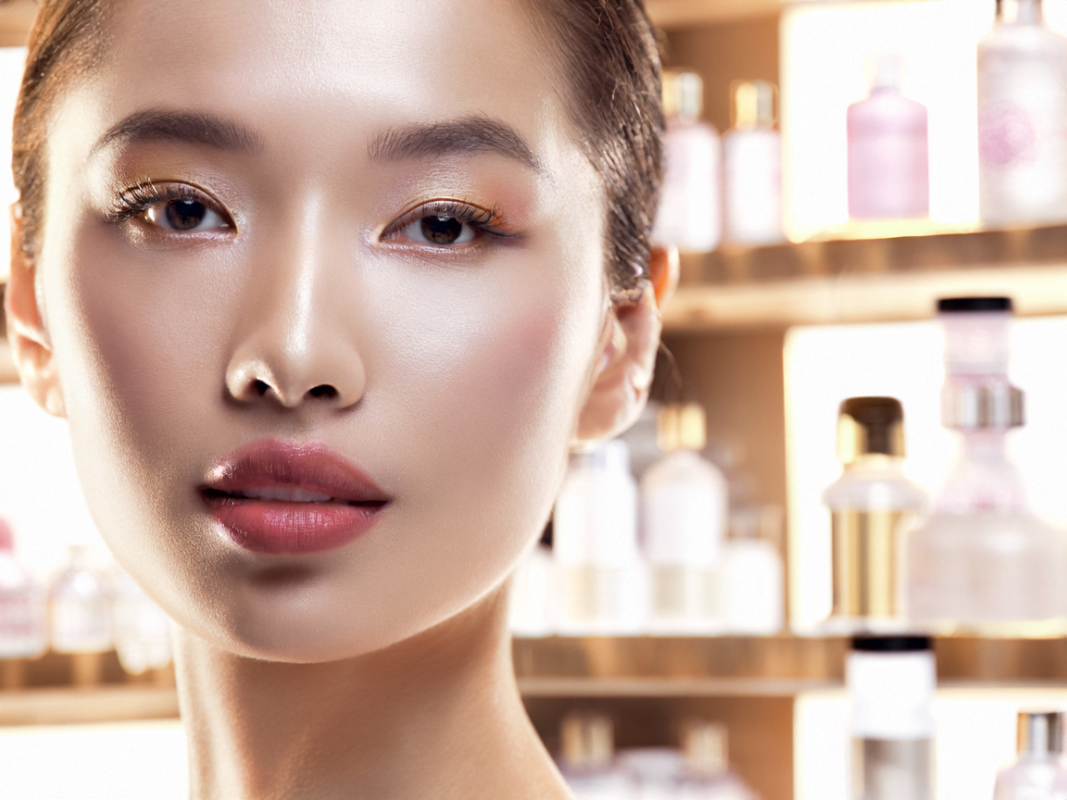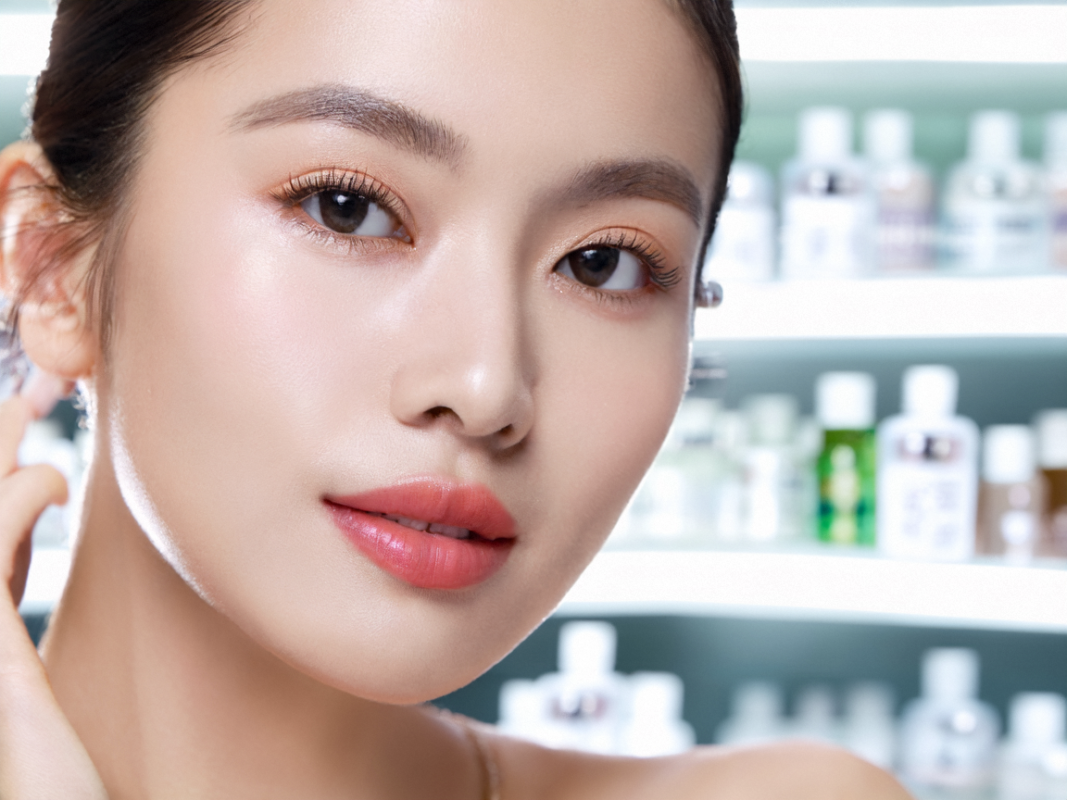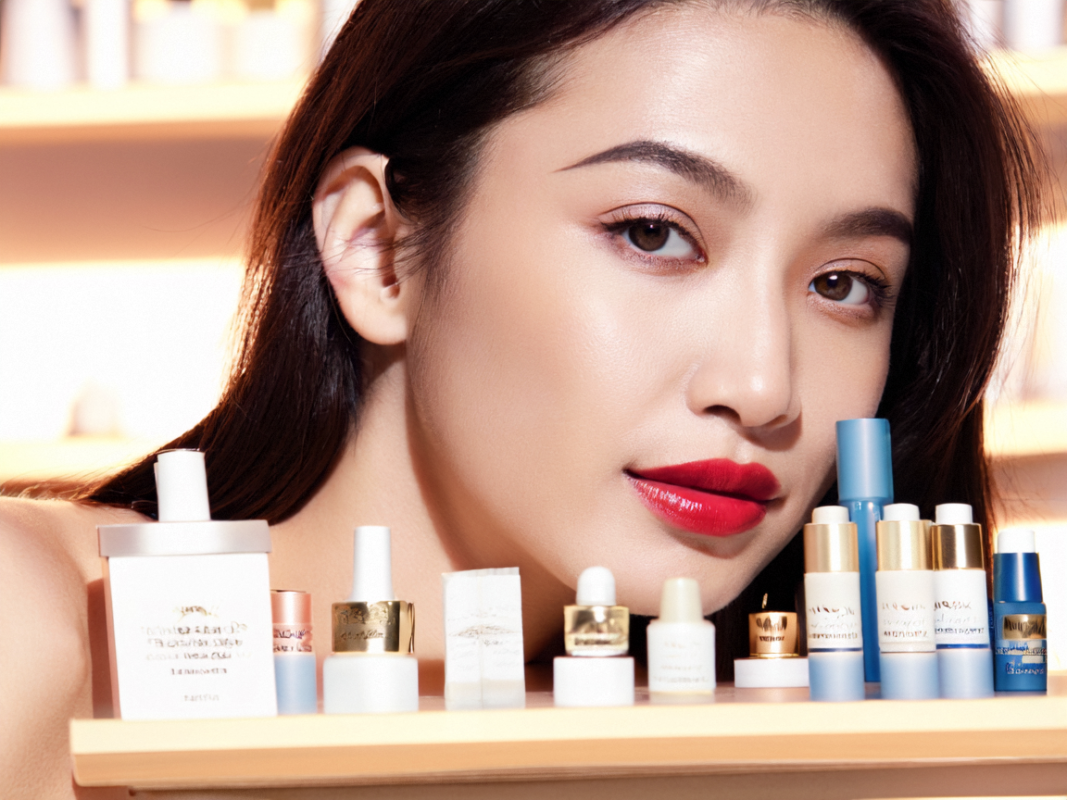Acne: Causes, Treatments, and Prevention
Acne, often referred to as facial pimples, medically known as acne vulgaris, is caused when sebaceous glands overproduce sebum. This excess sebum, combined with dead skin cells, can clog pores, allowing bacteria to multiply and leading to inflammation, redness, and swelling.
Common Acne Triggers:
- Hormone fluctuations (e.g., during puberty, menstruation, or stress)
- Poor sleep and stress
- Unbalanced diet and constipation
- Infection with Propionibacterium acnes
Effective Acne Treatment Methods
1. Skin Cleansing and Care
- Regularly cleanse the face using mild, anti-inflammatory products.
- Avoid touching your face unnecessarily and remove makeup thoroughly at night.
2. Diet and Lifestyle Adjustments
- Consume a balanced diet low in fat and sugar.
- Avoid irritants like spicy and oily foods.
- Get sufficient sleep, ideally between 10 p.m. and 2 a.m., for optimal skin recovery.
3. Pore Care and Anti-Inflammation
- Use products that reduce oiliness and promote pore-cleansing.
- Avoid heavy cosmetics on affected areas and opt for non-comedogenic makeup when necessary.
Back Acne: Causes and Treatments
Acne isn’t limited to the face; it can appear on the back, chest, and other areas with sebaceous glands. Back acne typically requires similar treatments, but may need stronger medications due to the difficulty in managing body breakouts.
Acne and Cosmetics: What to Know
While makeup can cover blemishes, some products can worsen acne. Opt for a lightweight, oil-free foundation and avoid layering too many products. Always remove makeup completely to reduce clogging pores.
Should You Squeeze Acne?
Squeezing pimples can lead to severe inflammation, scars, and pigmentation. It’s best to avoid this practice and consult a dermatologist for safe extraction methods if needed.
Acne Scars: Prevention and Treatment
Post-acne pigmentation will often fade with sun protection and vitamin C intake. Scars from improperly treated acne may require dermatological procedures like microdermabrasion. Follow-up care is essential to prevent further skin damage.
Preventing Acne: Simple Tips
- Hydration: Drink at least 2000 ml of water daily.
- Balanced Diet: Avoid fatty, sugary foods and eat vitamin-rich foods.
- Sleep Routine: Rest between 10 p.m. and 2 a.m.
- Sun Protection: Use sunscreen as UV rays can worsen acne.
- Exercise Regularly: Boost immunity and promote detoxification.
FAQs: Acne Concerns Answered
Q1: Can I use skincare products to reduce acne inflammation?
Answer: Yes, but over-the-counter products alone may not be enough. Seek products with proven anti-inflammatory ingredients, but consult a dermatologist for persistent issues.
Q2: What if my acne is caused by medication?
Answer: Some drugs, like corticosteroids, anti-tuberculosis drugs, and contraceptives, can trigger acne. Speak with your doctor about alternatives if possible. Discontinuing these drugs can gradually clear acne, but specialist care can speed up recovery.
Q3: Can “mites” cause acne?
Answer: There’s no scientific proof that mites are a primary cause of acne, so focusing on removing mites is unnecessary.
Acne: From Whiteheads to Nodules
- Whiteheads: Closed pores with trapped sebum.
- Blackheads: Open pores with oxidized sebum, appearing as black spots.
- Papules: Inflammation due to bacterial growth in blocked pores.
- Pustules: Advanced papules filled with pus, which can lead to scarring.
- Nodules & Cysts: Severe forms of acne with deeper inflammation, often painful and scar-forming if untreated.
Diet Tips for Acne-Prone Skin
- Avoid High-Fat Foods: These generate heat, worsening skin inflammation.
- Skip High-Sugar Foods: Sugar increases sebum production, worsening acne.
- Limit Seafood and “Hot” Meats: Seafood and meats like mutton may trigger skin inflammation.
With these insights, you’re equipped to take proactive steps in managing and preventing acne. Consult a dermatologist for tailored advice, and remember that consistent care is key to clearer skin.
















